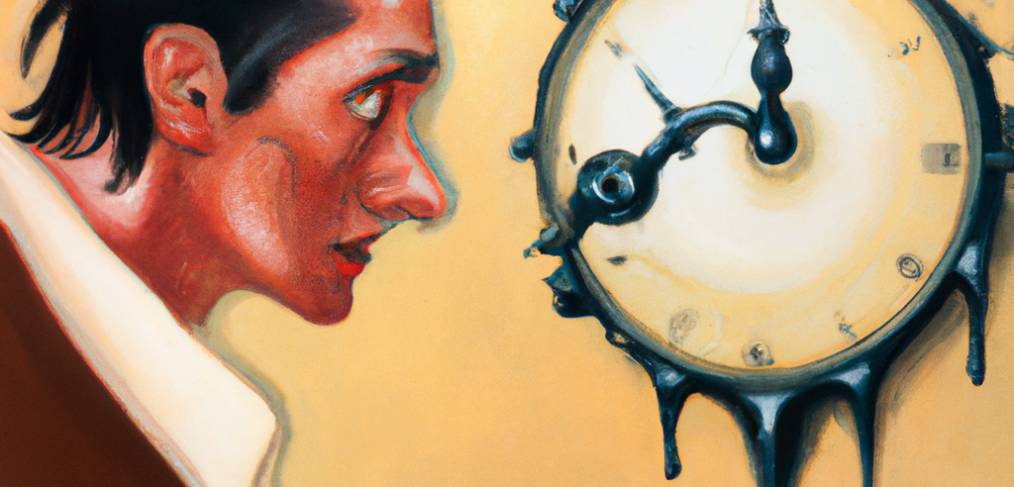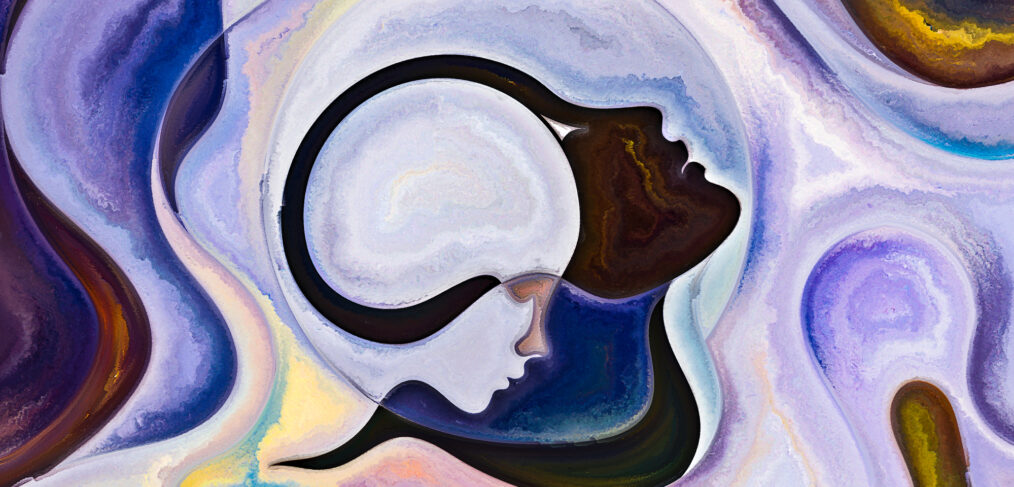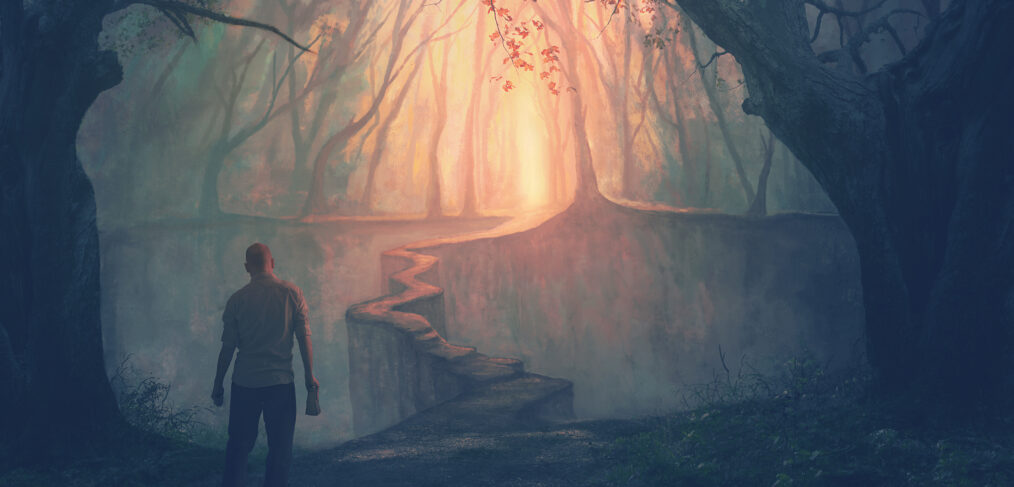Each of us makes many choices every day. Some of them are commonplace (what will I have for breakfast?), while some are weighty (should I look for a new job?). All of our choices have consequences, some of which we know and take into account and some of which we’re unaware of or in denial about. It’s important that we understand why we make the choices we do (all of them) and the relationships between their potential consequences and our motivations. Our paths in life are driven by our motivations, and the clearer the pictures we have of what drives us down our paths, the better able we will be to sit squarely in the driver’s seat. It can be so easy to switch on cruise control and go wherever the road takes us based on what is visible through the windshield. But if we take the time to really understand where we want to go—what we want from life—and map out a route to take us there, we’ll be much more likely to make choices that are consistent with that path.
I’ve spent most of my life with every moment spoken for. I’ve had to really work to make time for meditation, exercise, and other self-care activities. This was good. I chose that lifestyle, and I wouldn’t have had it any other way. Most of the time I enjoyed being in the fray—I like the feeling of being part of something and working hard with like-minded people toward a shared goal. I like being an active part of my son’s life and spending my evenings and weekends coaching baseball. I enjoy my hobbies, thinking and writing about leading a meaningful life, playing music, reading, and wood sculpting, but all these together left no room for downtime.
Again, this was a choice (and one that I would make again), but I never expected or wanted it to last forever. I always envisioned a time when I would have more time—to reflect, to get more serious about my physical fitness and grace, to build a more solid awareness of the universe and my place in it, and to explore new challenges. This involved a significant change in the way I perceive time. Because time is something I’ve never had enough of, I’ve always treated it as a scarce commodity—something I have to be careful with. So, whenever I did something that took significant time, such as reflection or meditation, I used to get antsy—like I was wasting my time. It’s important to develop an awareness of how we perceive time so that our relationship with time is appropriate for our lifestyle and our experiences.
Each of us has a constant stream of emotions, but how many of us are aware of that stream and fully understand where our emotions come from and how they affect our lives?
It’s easier for more extreme emotions. We might get excited and happy before we’re about to travel. This kind of emotion bubbles up inside us, and our awareness of it is unavoidable. The same can be said for extremely negative emotions, for example when we suffer the loss of a loved one. In these times, we would do anything to escape the pain we are feeling. It overwhelms us, and we aren’t able to think about anything else. Our full awareness is caught up in our painful emotional stream. But what about times when we don’t feel overwhelming emotions? What about our day-to-day emotional context and how it affects our outlook and actions? It is possible to be fully aware of these emotions too. It’s not only possible; it’s a necessary step in living our lives to the fullest. Our emotional context is a driver for every decision we make, every word we speak, and every action we take. If we can become fully aware of this layer of our psyche, we can live our lives more intentionally and purposefully, and if we can take the next step and develop insights into our emotional stream—if we can see how our emotions are likely to evolve—we can live with a keen sense of identity and direction.
Life is a journey. It contains many twists and turns and can be fraught with challenges, risks, and frustrations. It’s daunting to think about life as one big journey, but that’s okay because it is also made up of a multitude of mini-journeys. Like any significant endeavor, it’s helpful to break it up into manageable pieces. In focusing on the mini-journeys, you may also find nuances you otherwise might not have seen. To reverse the old saying, you might miss the trees for the forest. But changing your mindset and embracing your mini-journeys takes intentionality and open-mindedness. It’s easy to engage in business as usual and lose sight of the opportunities along your path. You have to stop, consider, and build an awareness of how you might proceed with your journey and what mini-journeys that will entail.
You have something really good going. You’re happy. You’re proud. You’re excited. But then, just like that, you can’t keep it up. Somehow the old patterns reappear, and you find yourself wondering how you were able to start down the golden path to begin with, and how you were able to stay on it, even just for a little while.
Developing good habits and keeping away from bad habits seems so simple on the surface. We have free will. If we want to do something (or stop doing something), we should just do it (or stop doing it). What’s preventing us? The answer is complex and multifaceted. There are many forces in our lives that drive us toward or away from certain behaviors. It’s important to recognize this fact and do everything we can to understand those forces and how they affect us. We also have to recognize our strengths and weaknesses that help or hinder our ability to overcome these forces to enable us to work effectively toward getting on, and staying on, the path we desire.





